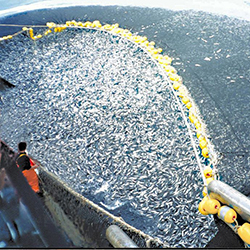
Almost 10% of the world’s total catch in the last decade was discarded due to poor fishing practices and inadequate management.
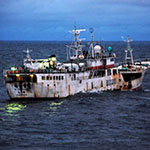
Tags: IOF alumni, Sea Around Us
The study estimates that more than 42,000 tonnes of fish were caught illegally in 2015 alone.
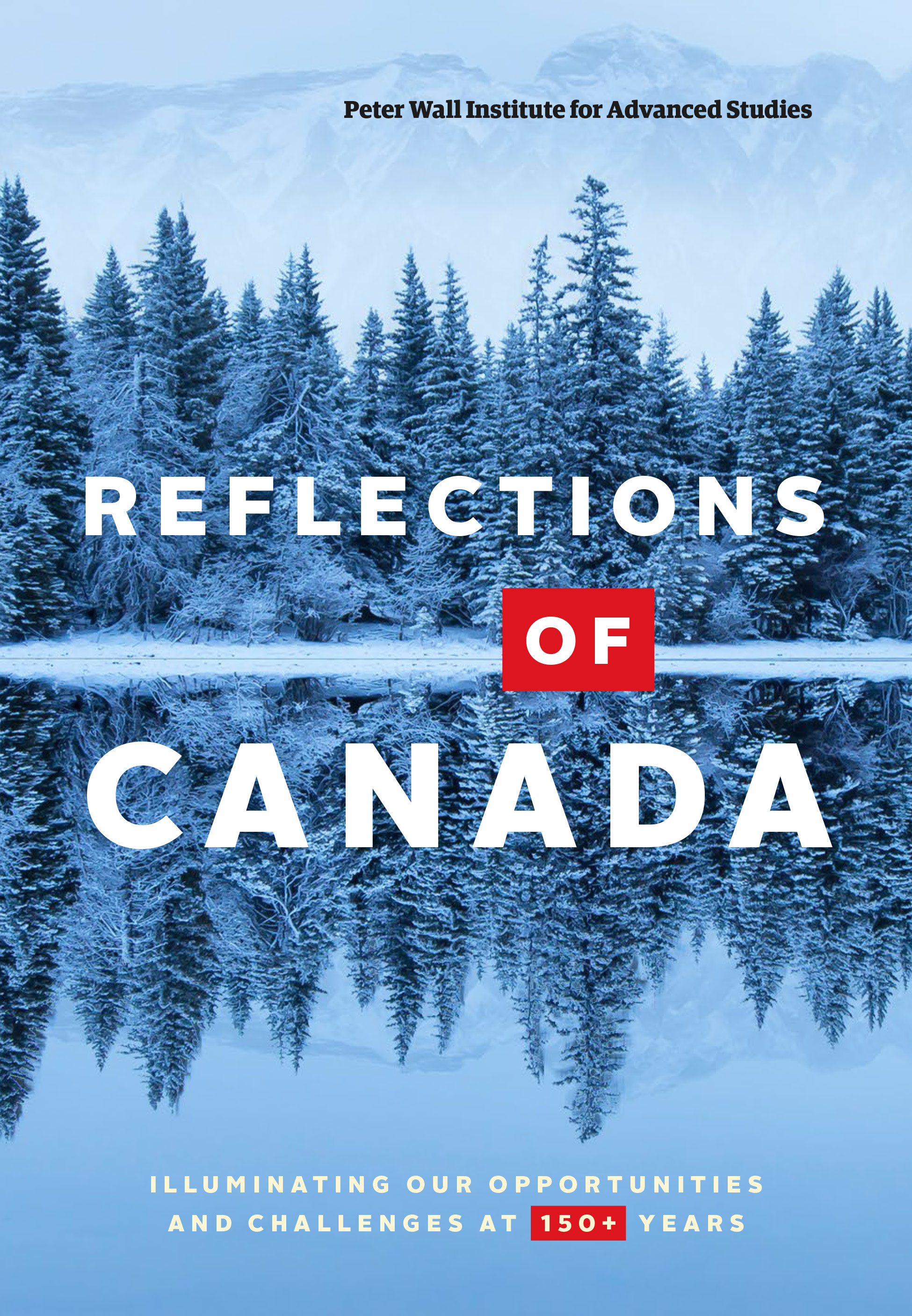
Tags: Daniel Pauly, Faculty, Nereus Program, OceanCanada, Publications, Rashid Sumaila, Sea Around Us, William Cheung
In an essay in the new book, REFLECTIONS OF CANADA, fisheries scientists Daniel Pauly, Rashid Sumaila and William Cheung mark a roadmap of what can be done to rebuild Canada's fish stocks.
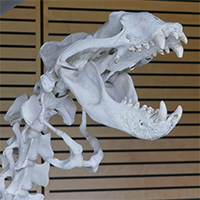
Showcasing the whale, dolphin and sea lion skeletons on display in the Aquatic Ecosystems Research Laboratory (AERL) building

Awarded for her pioneering of an ethical approach to the conservation of marine resources, both natural and cultural, through interdisciplinary research and community engagement at the science-policy interface.
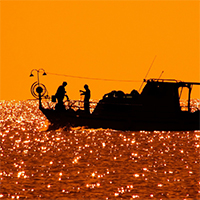
Tags: Faculty, FERU, IOF postdoctoral fellows, OceanCanada, Rashid Sumaila, Small-scale fisheries, Subsidies, Sustainability
Large-scale fisheries receive about four times more subsidies than their small-scale counterparts, with up to 60 per cent of those subsidies promoting overfishing.
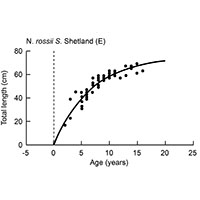
This Fisheries Centre Research Report contains mainly contributions initially written several years or even decades ago, but not formally published.
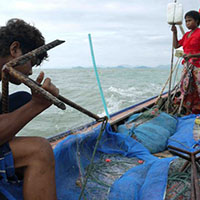
Tags: Conservation, Faculty, IOF Research Associates, Lydia Teh, Nereus Program, Sustainability, William Cheung, Yoshitaka Ota
The impacts of marine protected areas can undermine people’s rights or stop them from their livelihoods
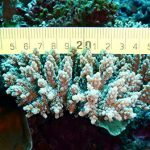
A UBC-led research team has developed a new global coral bleaching database that could help scientists predict future bleaching events.
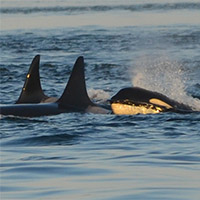
Tags: Arctic, Climate change, Contaminants, Faculty, IOF postdoctoral fellows, Juan Jose Alava, killer whales, Marine mammals, polar bears, pollution, whales
Human contaminants, exacerbated by climate change, are impacting polar bears, killer whales.